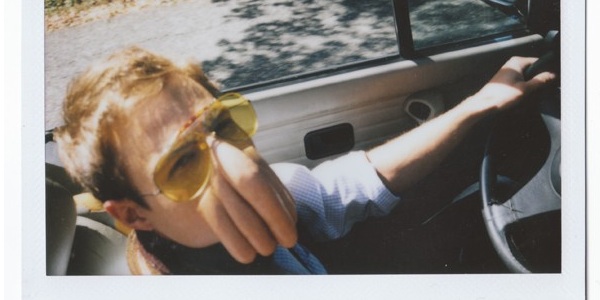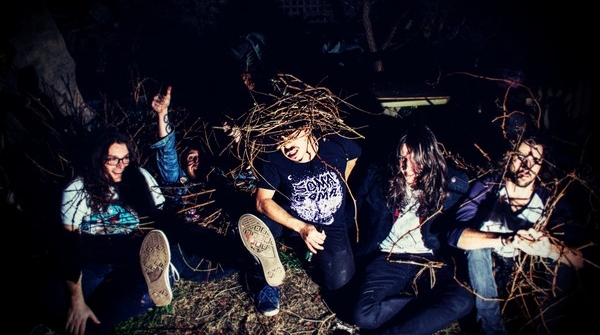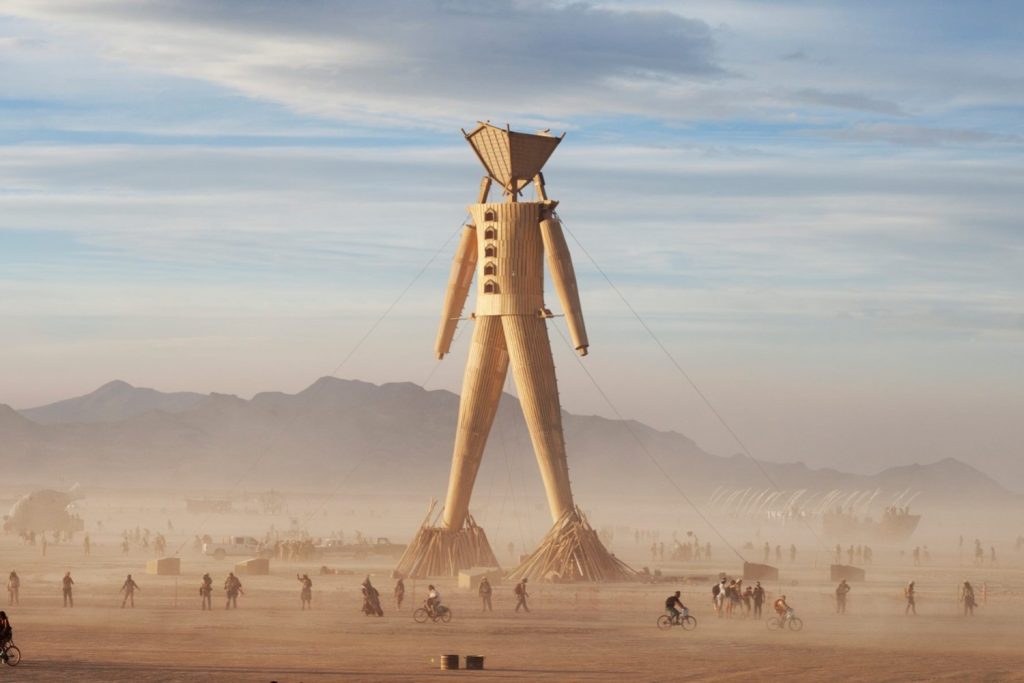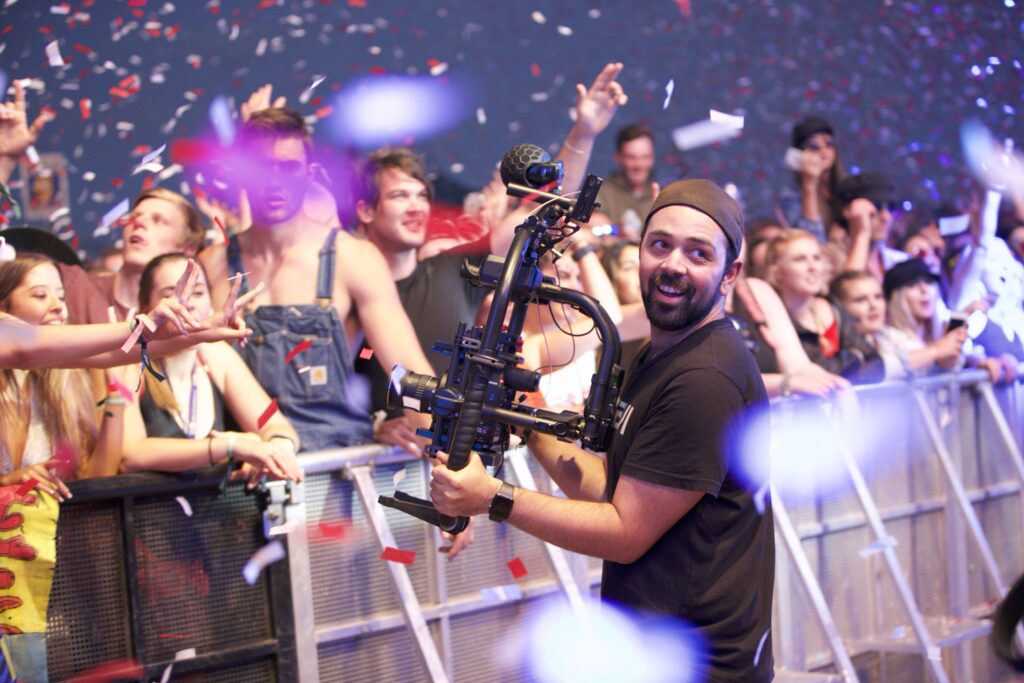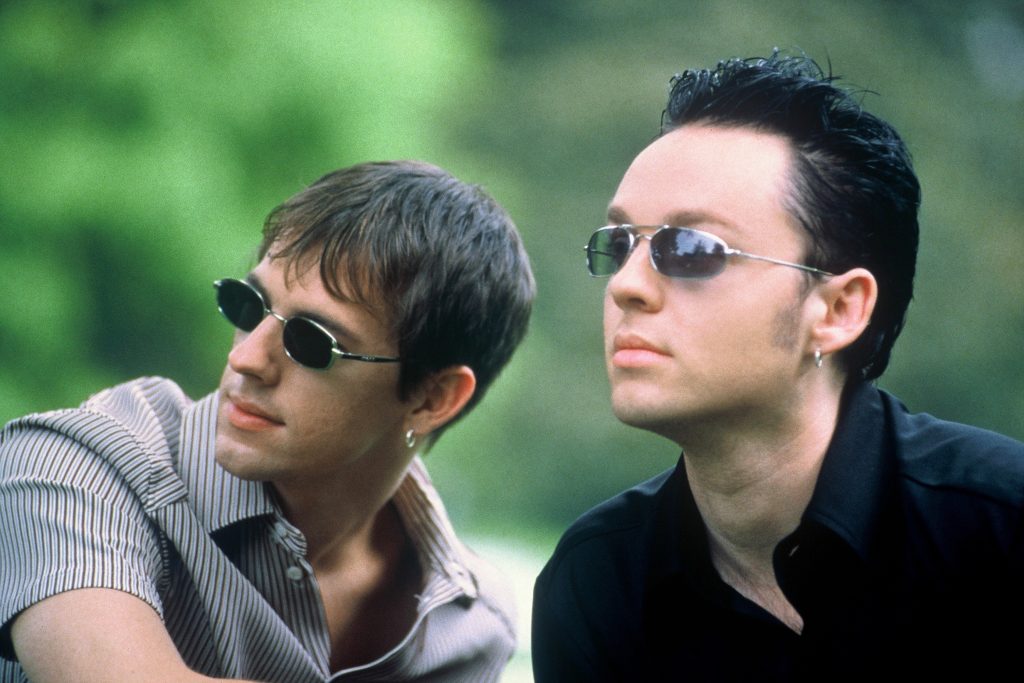“This time, instead of the super upbeat disco sample vibe of Holidays, there’s songs like Wild Motion and a more Talking Heads kind of element. Then, with the Sometimes aspect, there’s more synth-pad ‘80s, New Order, M83 stuff layered on there. And then a little bit of the ‘70s west coast LA experience in there as well.10cc, Fleetwood Mac – there’s a song that ties all that in. We really wanted to explore a lot and we kind of got there in the end.”
Having consolidated this mixed bag of sounds, the record is finally complete and due for release in early 2015. From its inception in 2007 up until Illumination, Miami Horror was essentially a one-man operation, consisting of Plant alone. In the wake of that record’s release, the project grew into a four-piece band. Plant is still in the pilot’s seat, but the forthcoming record is the product of group interaction.
“I’m definitely involved in every song, whereas not everyone was,” he says, “but we’d have big sessions where we’d all be writing together and making the songs. Real Slow was a collaborative effort completely, same with Wild Motion really. It’s a different way of working to last time.”
Indeed, evolving into a multi-voiced band has inevitably altered Plant’s songwriting process. Yet, even though the band started as a solo project, he says transitioning into collaborative format wasn’t too difficult.
“I really like working with other people or starting with something that somebody else has given me,” he says, “That’s why if you give me an old track, I can find a sample in it or a chord progression I can take. So it worked in that way; somebody can bring one thing in and we can start a whole track from that.”
Not only has Miami Horror grown in numbers, but the band has also shifted hemispheres. In search of songwriting stimulus, the group set themselves up in LA a couple of years back. The lengthy wait between records suggests the move might’ve been disruptive. Conversely, it’s actually caused an outburst of creative energy. So much so that in July, Plant and his Miami Horror band mate Aaron Shanahan unveiled the record Everything Infinite from their new project Wunder Wunder.
“[We wrote some songs that] were sounding a little bit more ‘60s/ ‘70s dreamy psychedelic – probably a lot to do with the Tame Impala, Toro Y Moi influences around that time,” Plant explains. “We were like ‘do we put this as a separate project? Or do we put it as Miami Horror?’ We decided that they’ll be better off in their own worlds – not really confusing people too much or giving people too much to take it.”
Despite wholeheartedly exploring psych-pop territory on Everything Infinite, settling on a stylistic framework for the Miami Horror record wasn’t quite so straightforward. “The making of this album was erratic – probably way too many different influences and way too many different sounds. The Wunder Wunder album was definitely more concise in terms of vision. Once we got here I thought that would be the case, but it was more varied. There was a lot of different worlds we wanted to experiment in, so we really touch on a lot on the album.”
Plant certainly doesn’t refrain from naming bands that he’d like his music to resemble. If you’re going to make your influences plainly known, it had better be with good reason. Imitating the past might lure in some nostalgia-hungry listeners, but this approach is certain to wear wear thin unless the influences are applied constructively.
“It’s generally more about the overall vision of a track or something, where you might incorporate a lot of elements from different bands together,” Plant says of his process. “I don’t mind it when a band basically gives a huge nod at whoever they’re almost imitating. I like hearing somebodies version of Talking Heads or someone’s version of New Order, because it gives me more of something I’ll never get more of otherwise.
“I think that with us, it’s not too obvious anyway. Personally, I used to love only doing complete nostalgic rip-offs. This album was more trying to make something original from those influences.”
Bringing together multiplex influences is surely exciting for the band, but it could quite easily make for a schizophrenic listening experience. Miami Horror’s three recent singles each conveys a feel good, upbeat flavour, but aside from that there’s not much to suggest that they’re drawn to the same album narrative. Nevertheless, Plant assures they attained a relative level of cohesion with the album.
“I think we’ve covered what people would expect of us, and also brought heaps of new stuff. With the first three singles, it may be a little confusing to people because they are three examples of the different variations on this album. When you hear the album, you can hear how it all relates to each other.”
BY AUGUSTUS WELBY
